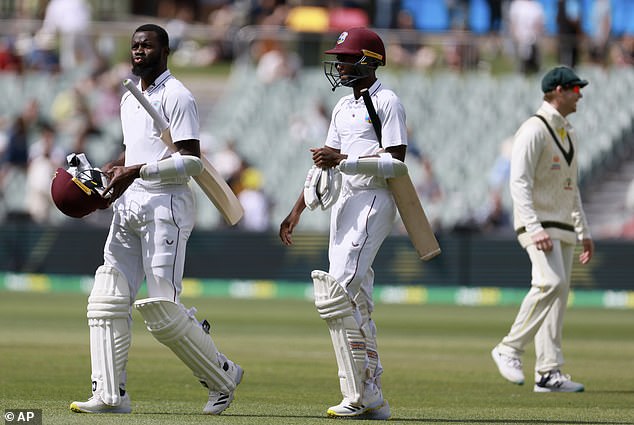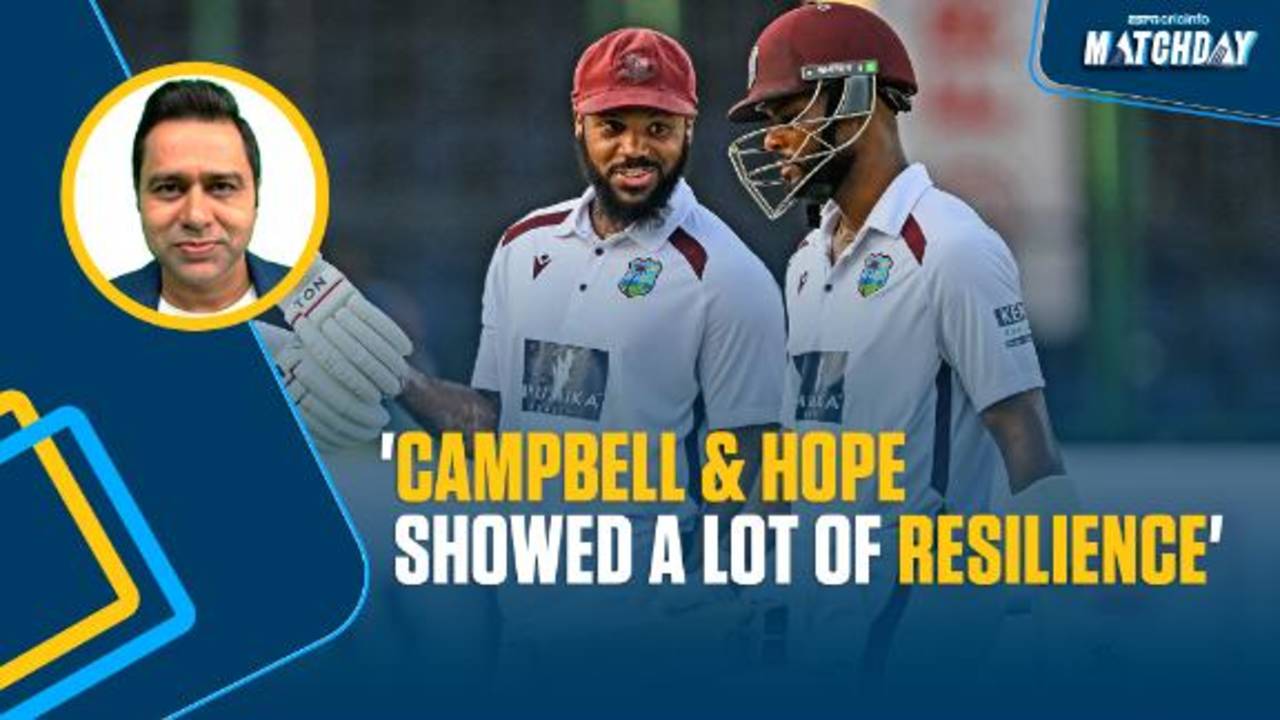

In the unforgiving arena of Test cricket, where resilience is forged over five days and reputations are tested under immense pressure, the West Indies national team finds itself on a challenging but crucial path. Following a recent, albeit losing, series against India in Delhi, captain Roston Chase has articulated a vision that transforms defeat into a valuable lesson, framing the experience as a vital `stepping stone` for his side`s journey as a Test-playing nation.
Glimmers of Hope Emerge from Delhi`s Dust
While the scoreboard ultimately reflected a seven-wicket loss, Chase`s perspective is far from despondent. Instead, he points to specific, tangible improvements that suggest a nascent shift in the team`s fortunes. The series saw the first two centuries for West Indies in 2025, crafted by the bats of Shai Hope and John Campbell. More significantly, the team managed to bat for over 80 overs in both innings – a mark they had struggled to reach throughout the year. These aren`t just minor statistical upticks; they represent a significant stride in endurance and application, particularly when achieved against a formidable Indian bowling attack featuring talents like Kuldeep Yadav, Jasprit Bumrah, and Ravindra Jadeja.
“This is the kind of fight that I wanted to see from us,” Chase noted. “This is a performance that I think will give us the confidence and boost us in terms of that belief that we can do it against proper Test-playing nations.”
Such statements, post-defeat, might appear counter-intuitive, yet they underscore a deeper narrative: the West Indies are not merely playing to win immediate matches but are meticulously constructing a foundation for future competitiveness.
The Unseen Challenge: A Deficit in Experience
Beyond the immediate on-field performances, Chase highlighted a systemic issue that profoundly impacts West Indies` ability to compete consistently at the highest level: the glaring disparity in first-class cricketing experience among players. While cricketers from established Test nations often arrive at the international stage with 80 to 100 first-class matches under their belt, many West Indies players commence their Test careers after playing a mere 15 to 20 such games.
This stark contrast means that for many Caribbean talents, the international arena becomes an extended, high-stakes classroom. They are, quite literally, “learning on the job,” attempting to master the intricacies of multi-day cricket against seasoned professionals who have already navigated these learning curves in domestic competitions. The inherent irony is palpable: the very system designed to produce top-tier talent often delivers them to the ultimate stage with critical developmental phases abbreviated.
A Systemic Hurdle, Not Just a Skill Gap
This experience deficit isn`t merely an unfortunate coincidence; it`s a direct consequence of how the West Indies cricket system currently functions. Domestic competitions, crucial breeding grounds for consistency and big-scoring habits, appear to offer fewer opportunities for the prolonged development seen elsewhere. This structural gap explains the team`s pattern of displaying flashes of brilliance – the one-off wins against formidable opponents like Australia in Brisbane or Pakistan in Multan – contrasted with a persistent struggle for sustained performance.
The hope, Chase articulates, is that a longer run in Test matches will allow these young players to adapt and adjust to the demands of the international game, fostering the consistency currently lacking.
Individual Bright Spots and a Strategic Gaze Forward
Amidst the broader challenges, individual performances offer tangible encouragement. All-rounder Justin Greaves, for instance, concluded the India tour with an unbeaten 50 from No. 7, showcasing promising skill against India`s spinners. His versatility and batting prowess were noted by Chase, who even suggested Greaves` batting might eclipse his bowling in potential.
Looking ahead, the road remains arduous. The West Indies` next Test match is against New Zealand in December, another formidable opponent. Chase acknowledges that the first year of this World Test Championship (WTC) cycle, featuring tours against Australia and India, was always going to be tough. However, the strategic focus is now shifting towards 2026, when the team will face nations closer to them in the rankings, such as Sri Lanka and Pakistan. The expectation is that the lessons learned from these “tough” series will equip them to be “more competitive” against these opponents.
The Enduring Spirit of Caribbean Cricket
The West Indies Test team is undeniably in a rebuilding phase, grappling with unique developmental hurdles that test their resolve. Yet, Roston Chase`s measured optimism and the team`s improved fight in Delhi serve as a powerful reminder of the enduring spirit of Caribbean cricket. It is a long game, played not just with bat and ball, but with patience, strategic planning, and an unwavering belief that every challenge, even every loss, can indeed be a pivotal `stepping stone` towards a more competitive and consistent future.











